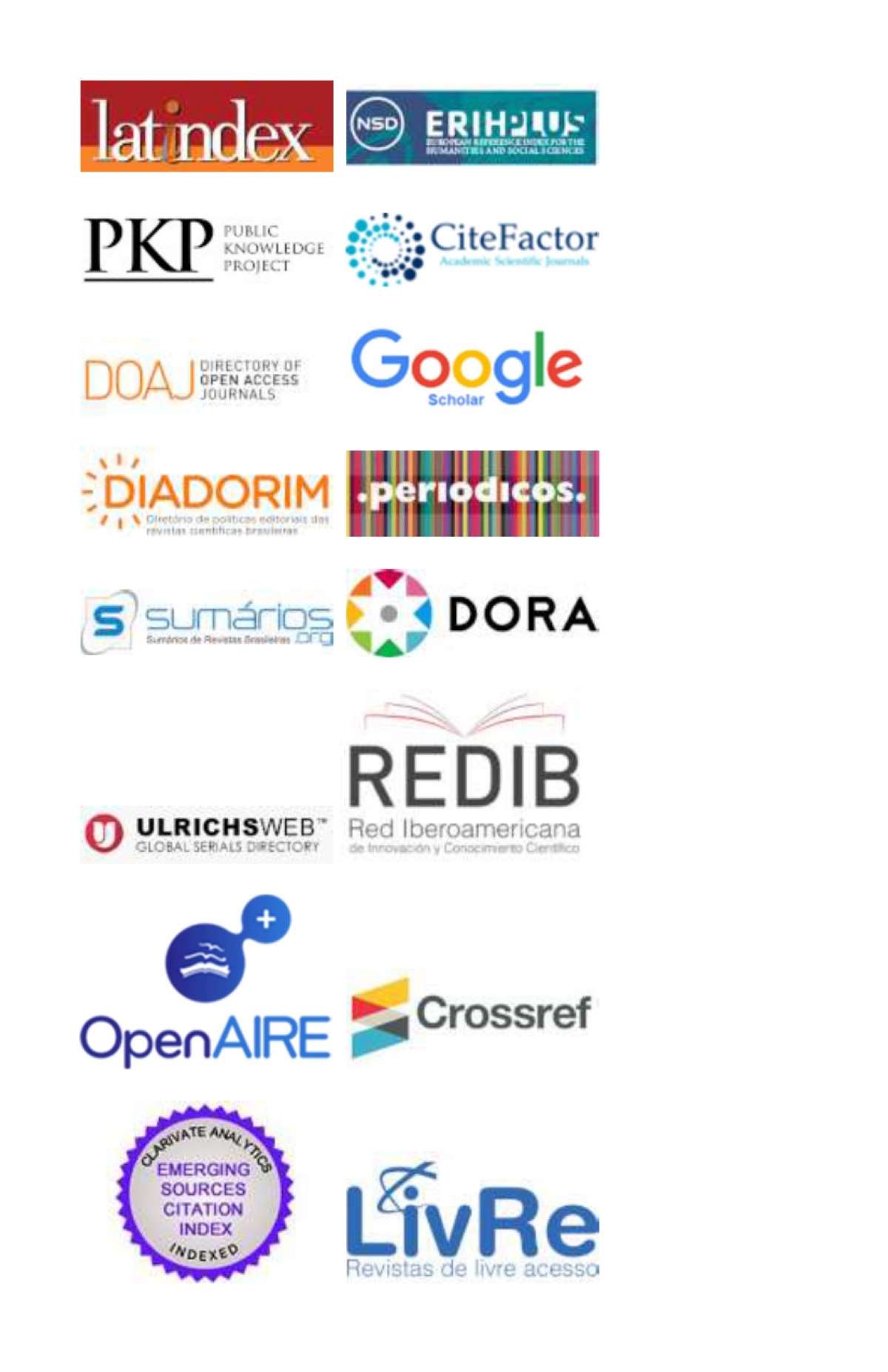BUSCADORES E REDES SOCIAIS: LIMITES DA MODERAÇÃO E DA LIBERDADE EDITORIAL DOS PROVEDORES DE APLICAÇÕES NA INTERNET
DOI:
https://doi.org/10.21783/rei.v7i2.520Keywords:
liberdade editorial, liberdade de expressão, internet, buscadores, redes sociais, provedores de aplicações, regulação.Abstract
Este artigo, visa analisar o formato e a atuação dos provedores de aplicações, em especial buscadores e redes sociais, e como procuram justificar ações editoriais sobre o conteúdo de terceiros que circula em suas redes. Examinaremos brevemente a história jurídica que permitiu que os intermediários atuassem dessa forma. Por fim, analisaremos algumas possíveis soluções para o problema, tanto no âmbito norte-americano como no brasileiro. Conclui-se não haver, prime facie, ilegalidade na ação moderadora dos novos intermediários. Há liberdade de negócio e livre iniciativa das empresas. Mas isso não implica a necessidade de vácuo jurídico de normas que regulem os limites da atividade editorial desses intermediários. Principalmente quando se trata de plataformas que dominam amplamente o mercado em sua área de atuação.
Downloads
References
Arsham, Bryan. Monetizing Infringement: a New Legal Regime for Hosts of User Generated Content. 101 Georgetown Law Journal, nº 3, 2013.
Balkin, Jack. Free Speech in the Algorithmic Society. Big Data, Private Governance and New School Speech Regulation. Yale Law School, Public Law Research Paper No. 615, 2018.
Balkin, Jack. Old-School/New-School Speech Regulation. 127 Harvard Law Review, 2014.
Barreto, Helena Martins do Rêgo. O mercado de comunicações brasileiro no contexto da convergência: análise das estratégias da América Móvil e do Grupo Globo. Tese de Doutorado, Unb, 2018.
Bridy, Annemarie. Remediating Social Media: A Layer-Conscious Approach. Boston University Journal of Science and Technology Law, Vol. 24, 2018.
Epstein, Robert et Robertson, Ronald. The Search Engine Manipulation Effect (SEME) and its Possible Impact on the Outcomes of Elections. Proceedings of the National Academy of Sciences of the United States of America vol. 112 (33), 2015.
Gillespie, Talerton. Platforms Are Not Intermediaries. 2 Georgetown Law Technology Law Review, 198, 2018.
Gillespie, Talerton. Regulation by and of Platforms. In The SAGE Handbook of Social Media (org. Michael Ainsley). Sage: London, 2018.
Janet Reno v. ACLU, 521 U.S. 844 (1997).
Jones v. Dirty World Enterteinment Recordings, 755 E.3d, 408.
Klonick, Kate. The New Governers: The People, Rules, and Processes Governing Online Speech. Harvard Law Review, vol. 131, nº 1598, 2017.
Leonardi, Marcel. Fundamentos de Direitos Digital. São Paulo: Thomson Reuters Brasil, 2019.
Levene, Mark. An Introduction to Search Engines and Web Navigation. Hoboken: John Wiley & Sons, 2010, p. 73; e em: https://gs.statcounter.com/search-engine-market-share/all/united-states-of-america/#monthly-200901-201912 . Acesso em 29/01/2020.
Magarian, Gregory. Forward into the Past: Speech Intermediaries in the Television and Internet Ages. Oklahoma Law Review. Vol. 71, nº 1, 2018.
Marshall, McLuhan. Os Meios de Comunicação como Extensão do Homem. São Paulo: Cultrix, 18ª ed., 2012.
McCain, Robert et Shen, Jeffrey. Deciphering Chinese Censorship. Introducing Censorscout and the Weibo Censorship Dashboard. Phillips Academy Andover.
Wu. Tim. Is the First Amendment Obsolete?. Michigan Law Review. Vol. 117, Issue 3, 2018, p. 548.
Mueller, Milton. Hyper-Transparency and Social Control: Social Media as Magnets for Regulation. Telecommunications Policy, Vol. 39, Issue 9, 2015.
Pasquale, Frank. Platform Neutrality: Enhancing Freedom of Expression in Spheres of Private Power, 17 Theoretical Inquiries L. 487, 2016.
Pinheiro, Guilherme Pereira. Liberdade de Expressão e Neutralidade de Rede na Internet, Rio de Janeiro: Lumen Juris, 2017.
Ramos, Pedro Henrique Soares Melo, Neutralidade Da Rede e o Marco Civil da Internet: um guia para Interpretação, setembro de 2014, p. 5. Disponível em: https://ssrn.com/abstract=2496076 . Acesso em 03/02/2020.
Sylvain, Olivier. Intermediary Design Duties. Connecticut Law Review, vol. 50, nº 1, 2018, p. 229.
Telecommunications Act of 1996, 47 U.S.C § 230.
Thushnet, Mark. Internet Exceptionalism: An Overview from General Constitutional Law. William and Mary Law Review, vol. 56, issue 4, 2015.
Tutt, Andrew. The New Speech. Hastings Constitutional Law Quarterly, vol. 41, nº 2, 2013.
Yoo, Christopher. Free Speech and the Myth of the Internet as na Unintermediated Experience. 78 George Washington Law Review, 2010. P. 697.
Downloads
Published
How to Cite
Issue
Section
License
The authors hold their copyright and concede to the JOURNAL OF INSTITUTIONAL STUDIES the right to the first publication, in accordance with the Creative Commons Attribution license.
Authors are strongly encouraged to publish their manuscripts in other medias, such as institutional repositories and personal pages. The Journal only requires the credits of the first publication.






